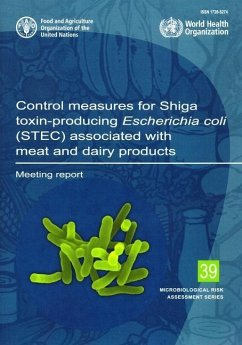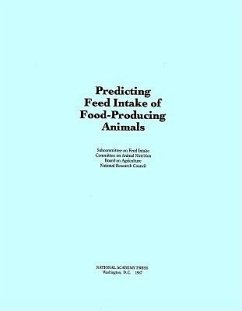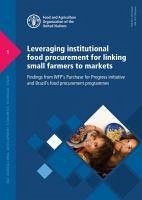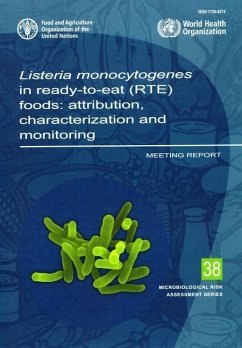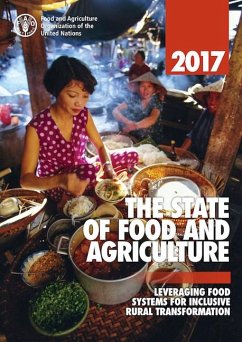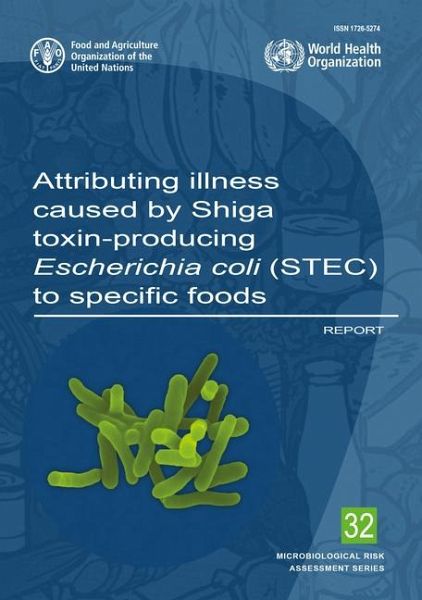
Attributing Illness Caused by Shiga Toxin-Producing Escherichia Coli (Stec) to Specific Foods
Report
Herausgeber: Food and Agriculture Organization (Fao)
Versandkostenfrei!
Nicht lieferbar
This book reviews sporadic Shiga toxin-producing Escherichia coli (STEC) infections and identifies foods that facilitate their spread, including meat, vegetables and fruits. The analysis covers 957 STEC outbreaks from 27 different countries. Overall, outbreak data identified that 16 percent of outbreaks were attributed to beef, 15 percent to produce and 6 percent to dairy products. In 57 percent of all outbreaks, the food sources could not be identified. STEC infections are a substantial public health issue worldwide, causing more than 1 million illnesses, 128 deaths and nearly 13 000 Disabili...
This book reviews sporadic Shiga toxin-producing Escherichia coli (STEC) infections and identifies foods that facilitate their spread, including meat, vegetables and fruits. The analysis covers 957 STEC outbreaks from 27 different countries. Overall, outbreak data identified that 16 percent of outbreaks were attributed to beef, 15 percent to produce and 6 percent to dairy products. In 57 percent of all outbreaks, the food sources could not be identified. STEC infections are a substantial public health issue worldwide, causing more than 1 million illnesses, 128 deaths and nearly 13 000 Disability-Adjusted Life Years (DALYs) annually. To appropriately target preventative interventions, it is important to determine the specific types of foods leading to these illnesses. Overall, the meta-analysis identified the beef and "meat-unspecified" categories as significant risk factors for STEC infection, with significant variation depending on geographic region. Prioritizing interventions to control beef supply chains may provide the largest return on investment when implementing strategies for STEC control.




